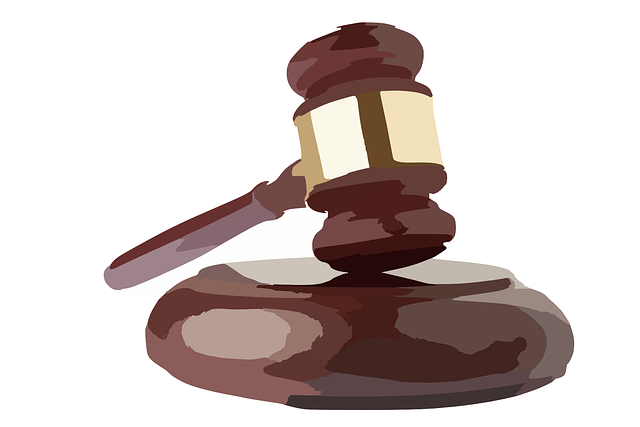Contempt of court, a serious legal issue, disrupts justice and can lead to fines/imprisonment. It involves defying judicial authority or causing courtroom disorder. Legal enforcement against contempt requires a strategic approach, starting with identifying violations from court documents, serving notices, and filing petitions with evidence. Skilled legal professionals guide clients through this process, leveraging expertise to build robust defenses. A meticulous, detailed approach is crucial, utilizing technology for efficient case management, ensuring fairness and integrity in legal enforcement.
“Explore the intricate world of contempt system navigation with our comprehensive guide, designed to empower legal professionals. This article delves into the fundamental aspects of ‘Contempt of Court’, offering a structured approach to understanding and managing this complex issue. From deciphering legal basics to unraveling the process step-by-step, it highlights the pivotal role of expertise in defense strategies. Furthermore, discover effective tactics for legal enforcement, ensuring a well-informed navigation through this challenging landscape.”
- Understanding Contempt of Court: Legal Basics
- Navigating the Process: Steps and Procedures
- The Role of Legal Expertise in Defense
- Effective Strategies for Legal Enforcement
Understanding Contempt of Court: Legal Basics

Contempt of court is a legal concept that involves directly challenging or showing disrespect for a judge, magistrate, or court authority. It’s a serious matter that can lead to severe consequences, including fines and imprisonment. The essence of this offence lies in the obstruction of justice and undermining the rule of law. When an individual or party fails to comply with a court order or engages in behaviour that disrupts proceedings, they may be held in contempt. This can range from refusal to provide evidence to public disorderly conduct inside the courtroom.
In terms of legal enforcement, contempt is often used as a tool to ensure the court’s orders are adhered to and to maintain the integrity of the judicial process. It serves as a reminder that everyone, including those involved in a case, has a responsibility to respect the court and its procedures. Understanding these basics is crucial for anyone navigating complex legal systems, especially when dealing with issues that require strict adherence to court-mandated actions.
Navigating the Process: Steps and Procedures

Navigating the contempt system requires a structured approach, especially when leveraging legal expertise for effective legal enforcement. The process begins with identifying the specific violation or non-compliance that warrants action. This involves a thorough review of court orders, agreements, or statutes to pinpoint the exact nature of the perceived contempt. Once identified, the next step is to serve legal notice on the party in question, providing them with an opportunity to explain or rectify their actions.
The procedures then progress to filing a formal petition or motion with the appropriate court, detailing the evidence of contempt. Here, the expertise of a legal professional becomes invaluable, ensuring the submission adheres to legal requirements and presents a compelling case. Following this, the court will schedule a hearing where both parties present their arguments. A judge will then evaluate the evidence, assess the circumstances, and issue a ruling, which may include sanctions or an order for compliance.
The Role of Legal Expertise in Defense

In the intricate landscape of legal proceedings, legal expertise plays a pivotal role in navigating the complexities of contempt system defense. With a profound understanding of laws and regulations, legal professionals equip individuals with robust strategies to challenge allegations and protect their rights. They decipher the nuances of legal enforcement, enabling clients to present compelling arguments and mitigate potential consequences.
Legal experts guide their clients through the labyrinthine process, ensuring every aspect of defense is meticulously addressed. Their knowledge empowers them to identify loopholes, question evidence, and offer alternative perspectives, thereby enhancing the overall defense strategy. This specialized skill set is invaluable in securing favorable outcomes and safeguarding the interests of those facing contempt charges.
Effective Strategies for Legal Enforcement

When it comes to effective legal enforcement within the contempt system, a strategic approach is paramount. One key strategy involves meticulous documentation and record-keeping, ensuring every step of the process is thoroughly documented for transparency and accountability. This includes precise case management, where each stage of the enforcement action is meticulously tracked, allowing for swift response and efficient resolution.
Moreover, leveraging advanced legal technology can significantly enhance these efforts. Digital tools enable quick access to relevant laws, regulations, and previous cases, streamlining the research process. Automated systems can also facilitate case notifications, reminders, and deadlines, minimizing errors and ensuring timely legal enforcement. This modern approach not only improves efficiency but also reinforces the fairness and integrity of the entire contempt system navigation process.






